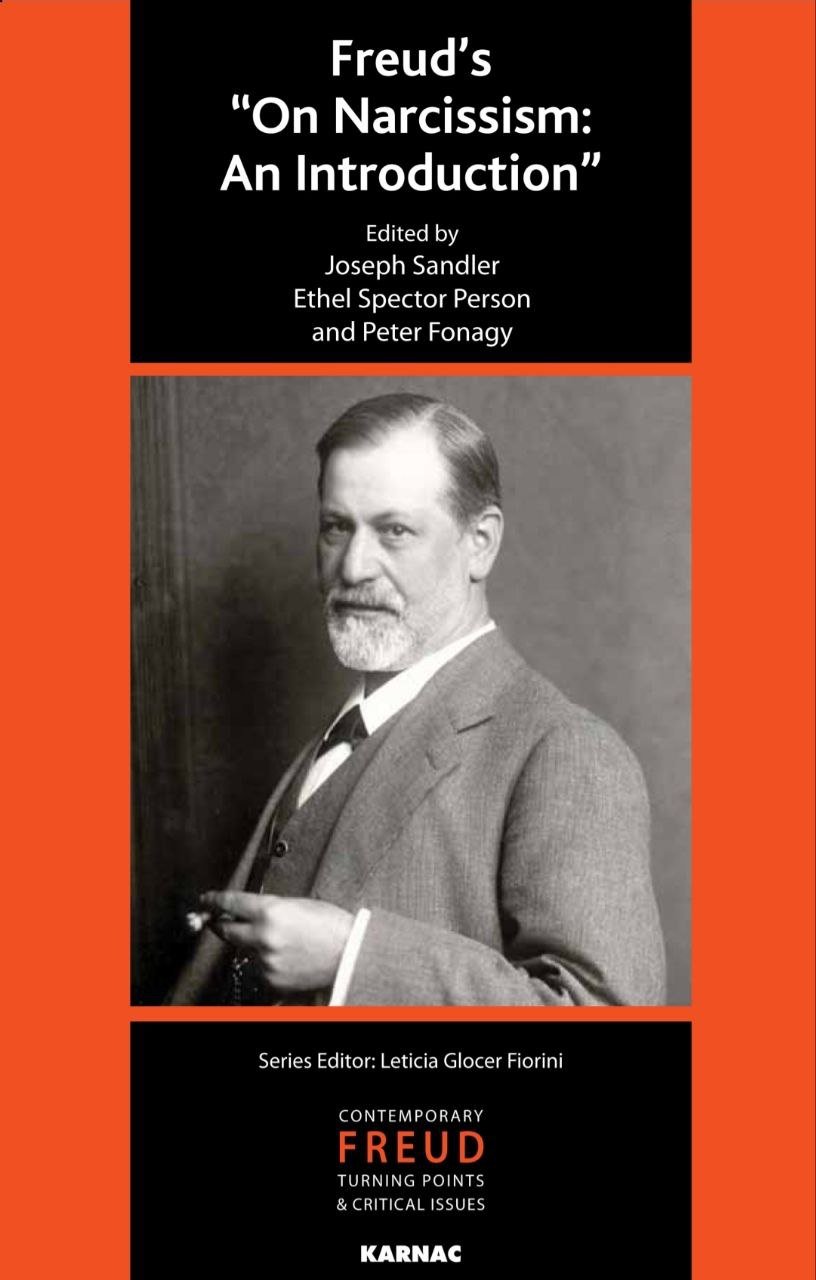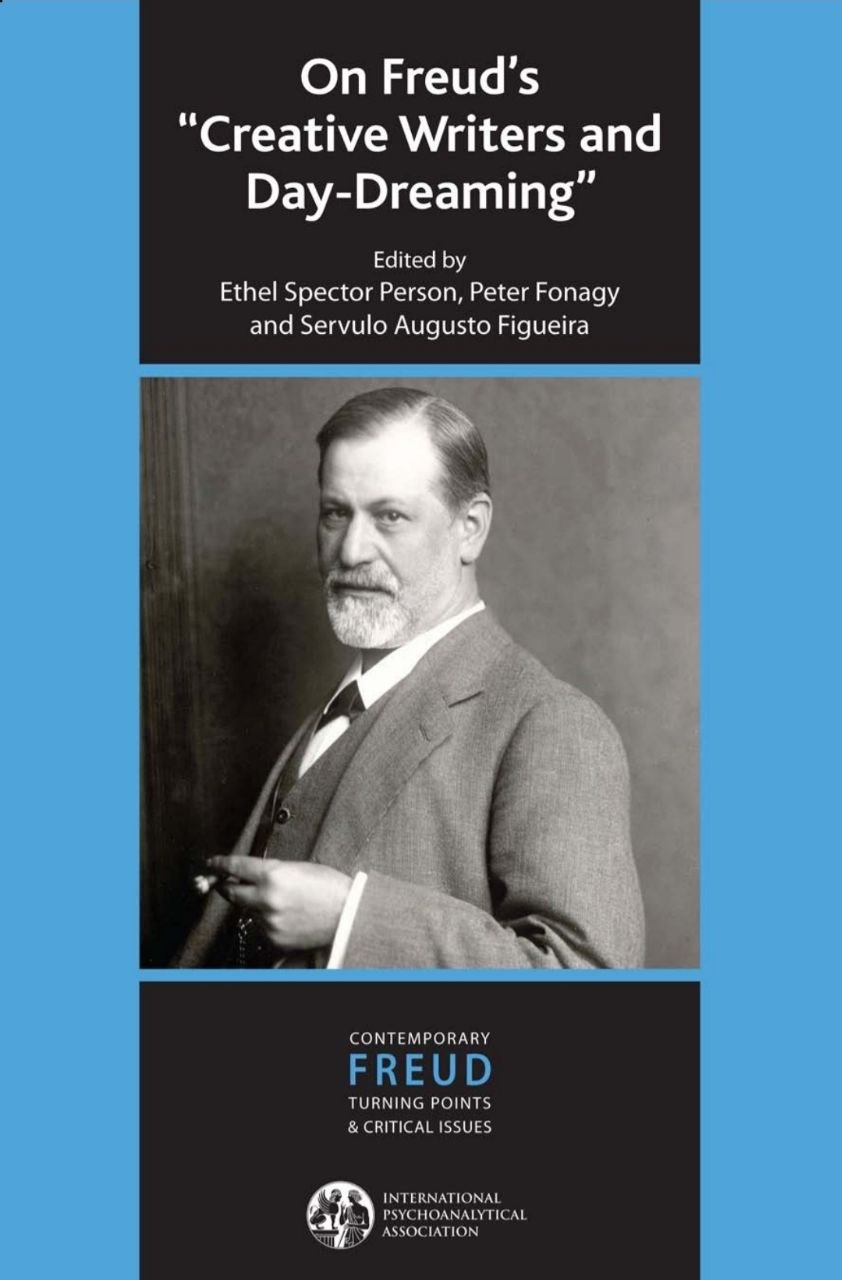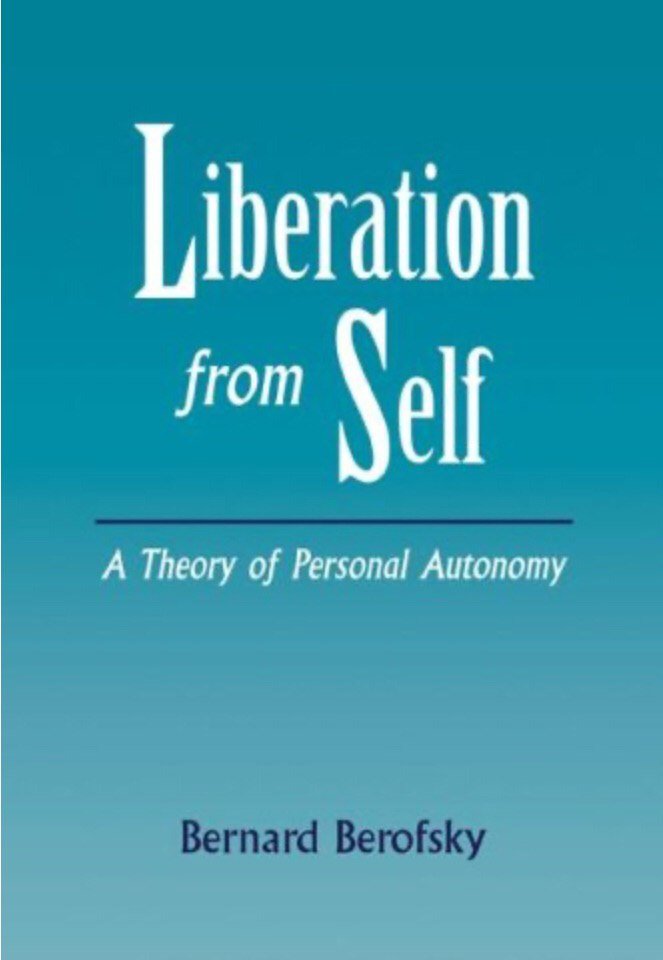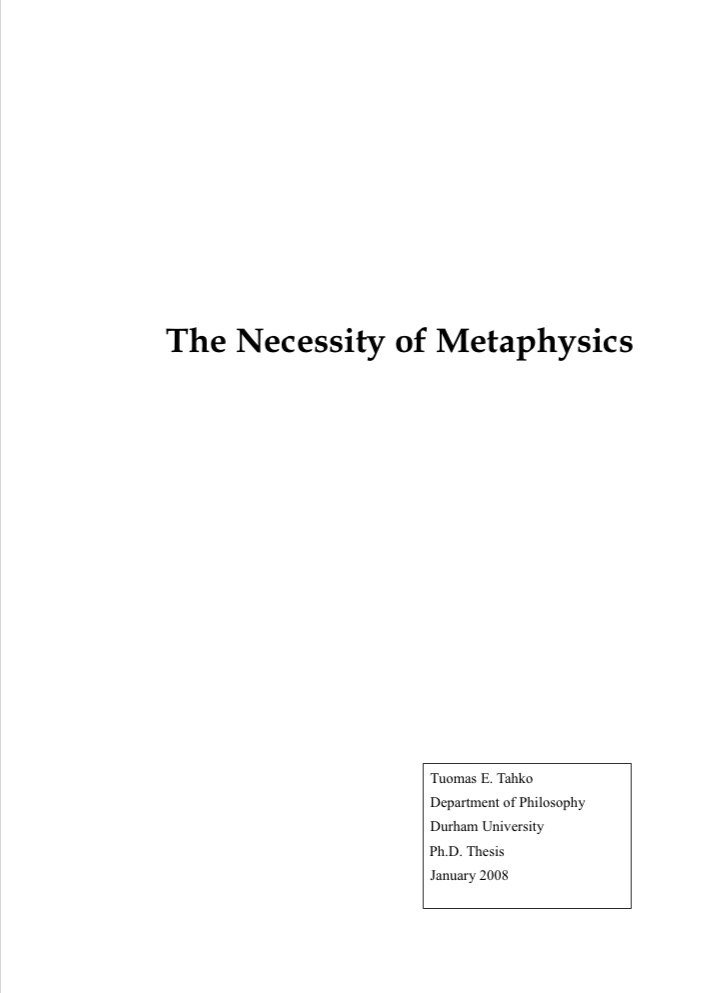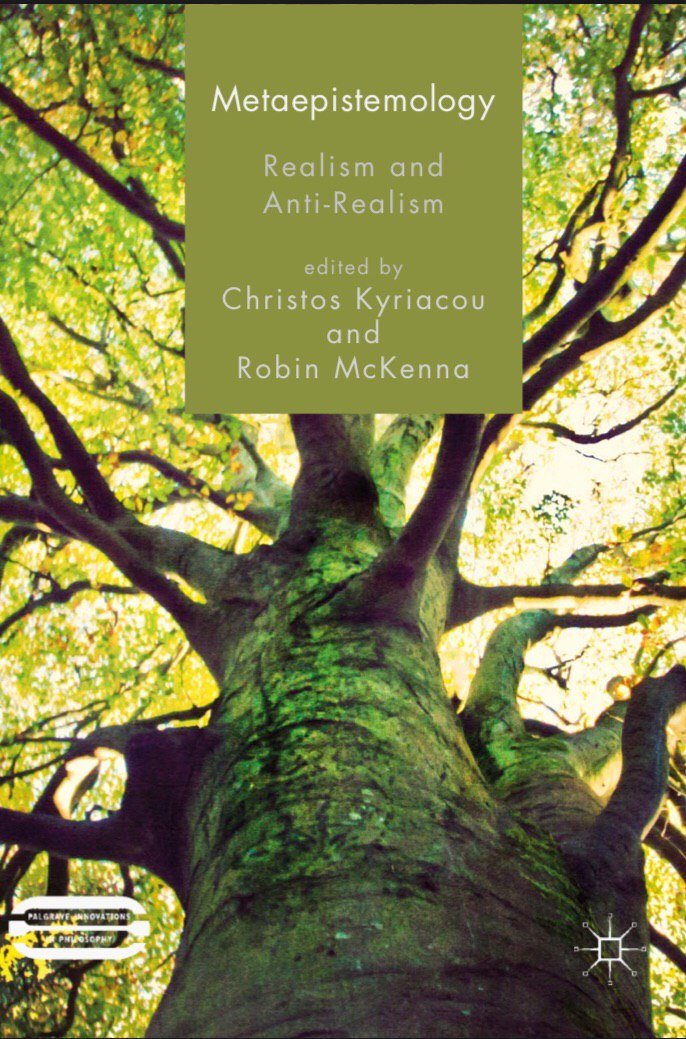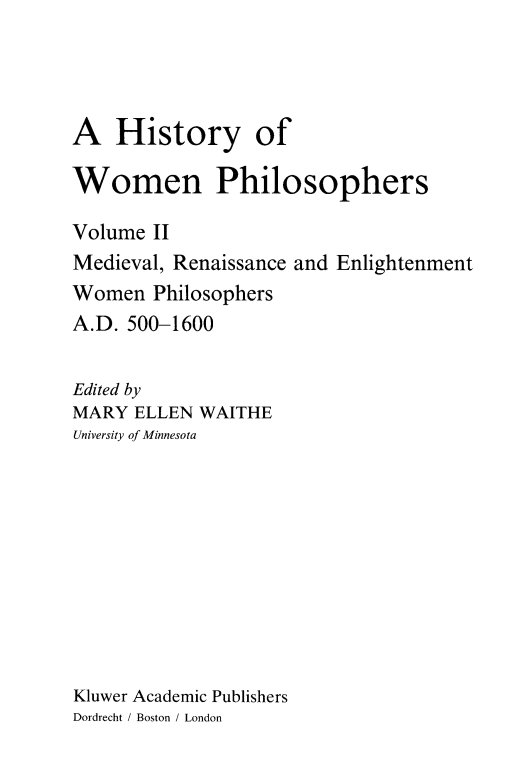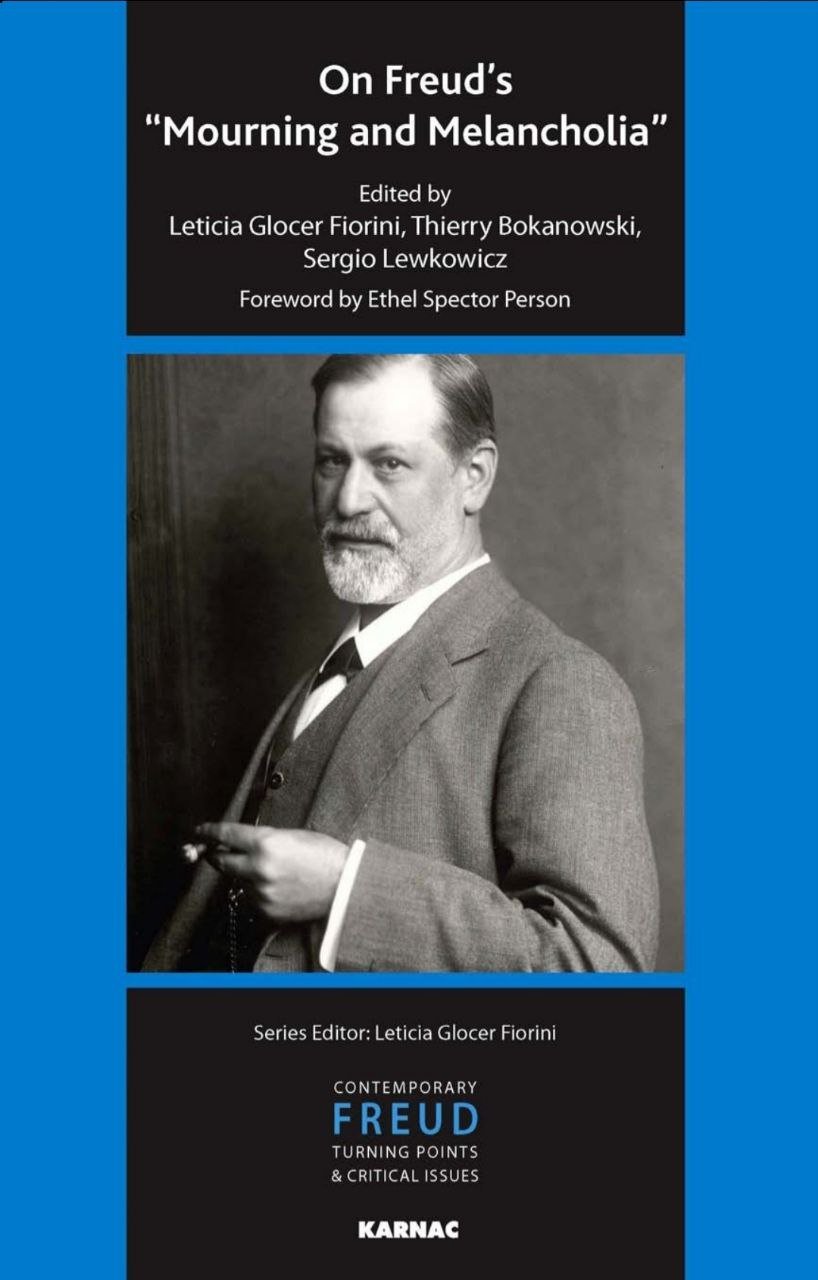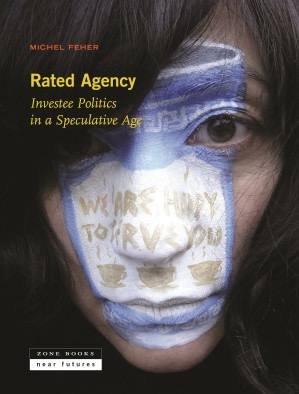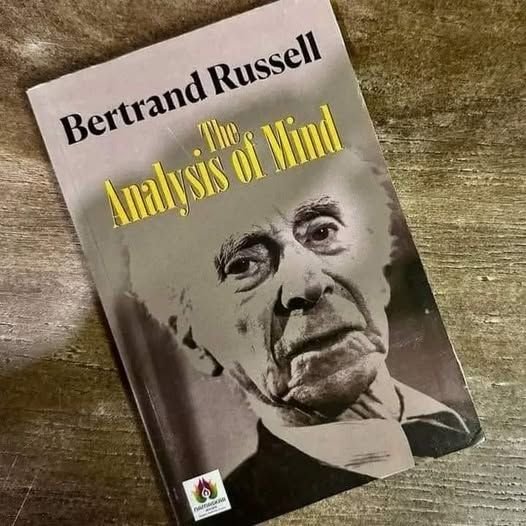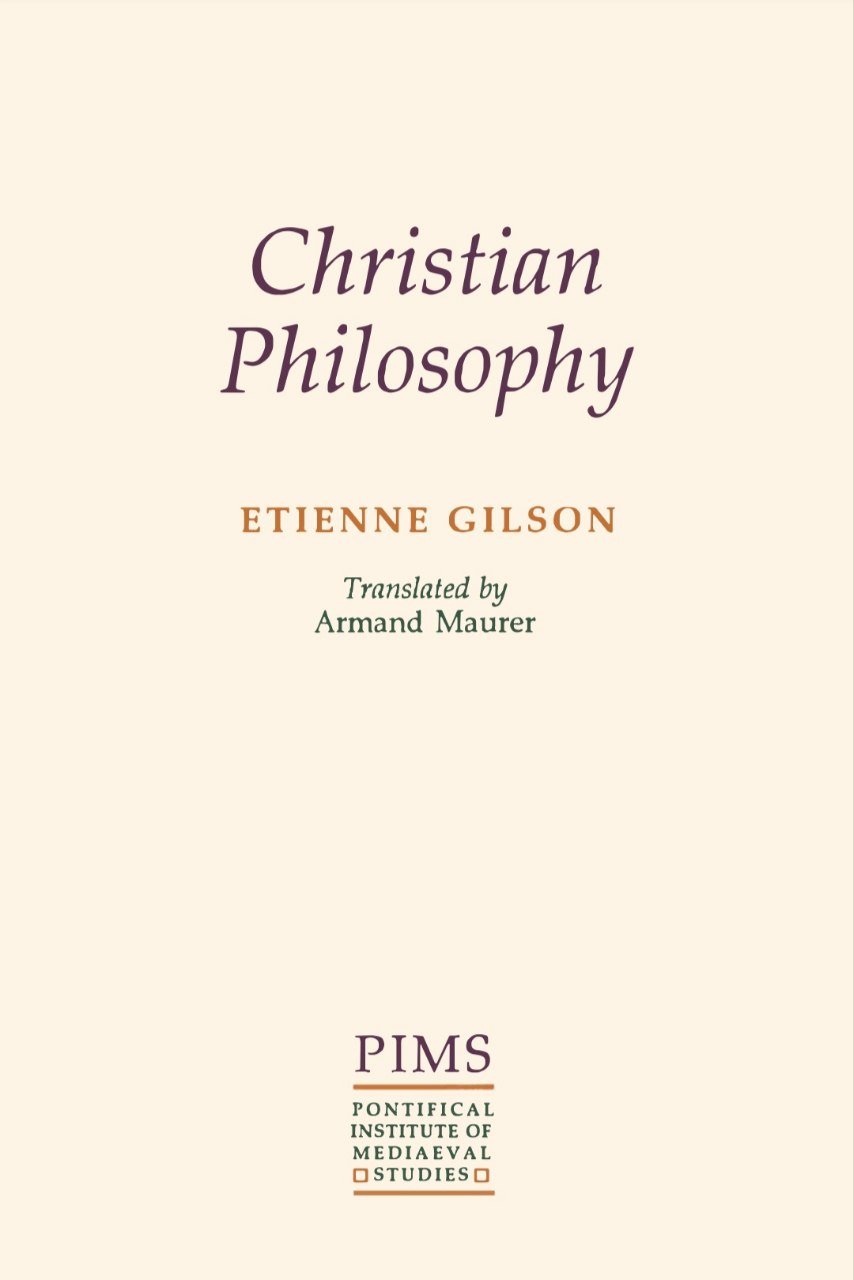
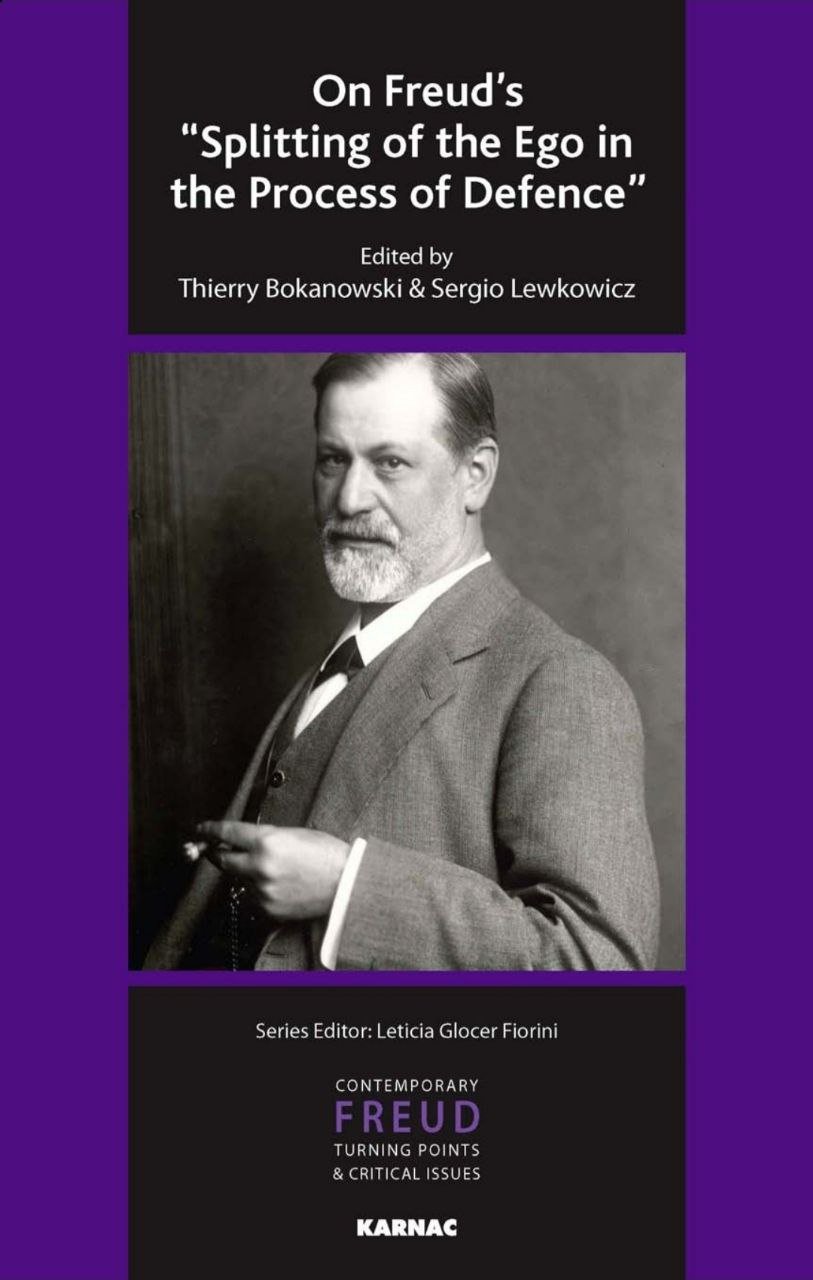
On Freud’s Splitting of the Ego in the Process of Defence
Reviews
No review yet. Be the first to review this book!
Description
On Freud’s “Splitting of the Ego in the Process of Defence”, edited by Thierry Bokanowski and Sergio Lewkowicz, presents a profound and penetrating exploration of one of Freud’s late and conceptually dense metapsychological essays, first published in 1938. In Splitting of the Ego in the Process of Defence, Freud addresses a psychological phenomenon in which the ego becomes divided, allowing contradictory versions of reality to coexist without integration. This “splitting” is not merely a primitive regression but a specific and enduring defensive mechanism that protects the psyche from intolerable conflict—most commonly in response to traumatic or psychically threatening experiences. Freud uses the example of fetishism to illustrate how part of the ego can acknowledge a painful truth (such as the absence of the maternal phallus), while another part denies it, allowing the subject to maintain a psychic equilibrium through disavowal. This essay marks a significant expansion of Freud’s theory of defense, introducing a structural fault line within the ego that goes beyond repression—suggesting a profound fracture in the ego’s unity and capacity to symbolize. In this edited volume, Bokanowski and Lewkowicz curate a collection of essays that examine the clinical, theoretical, and developmental implications of Freud’s insight. Contributors explore how ego-splitting manifests in a wide range of psychopathologies, including borderline states, psychosis, perversion, and severe narcissistic disorders. The volume engages with later theoretical developments that were profoundly influenced by Freud’s concept—particularly the work of Melanie Klein, Donald Winnicott, Wilfred Bion, and Jacques Lacan—all of whom extended or reinterpreted the idea of splitting in diverse psychoanalytic traditions. Clinically, the book investigates how splitting appears in the analytic setting through contradictory transference configurations, oscillating self-states, and fragmented narratives. It also discusses the analyst’s role in containing and interpreting these psychic divisions, and how analytic work can facilitate integration and the gradual dissolution of rigid defensive splits. On Freud’s “Splitting of the Ego in the Process of Defence” is both a tribute to Freud’s enduring genius and a sophisticated extension of his late metapsychological reflections. By illuminating the continued relevance of splitting—not just as a defensive mechanism but as a structural challenge in psychic development—this volume underscores the complexities of mental fragmentation and the therapeutic task of re-establishing coherence within the self. It is an essential text for clinicians and theorists interested in the deep architecture of the mind and the intricate pathways of psychic defense and transformation.


















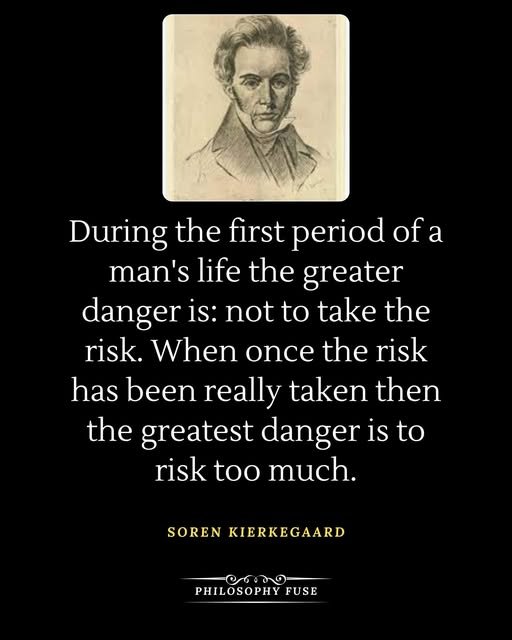

.jpg)









.jpeg)




.jpg)





.jpg)





.jpeg)
.jpg)

.jpeg)





.jpeg)



.png)






.jpg)

.jpg)



.jpeg)









.jpg)




.jpg)



